
Our Team

Michaela Wiesinger
Michaela Wiesinger joined the University of Innsbruck as Professor of German Medieval Studies in October 2024. Her research focuses on the late Middle Ages and the early modern period with a focus on usage texts. Her ERC Starting Grant, which she transferred to Innsbruck from the Austrian Academy of Sciences, deals with arithmetic manuscripts in German from the 15th and 16th centuries.
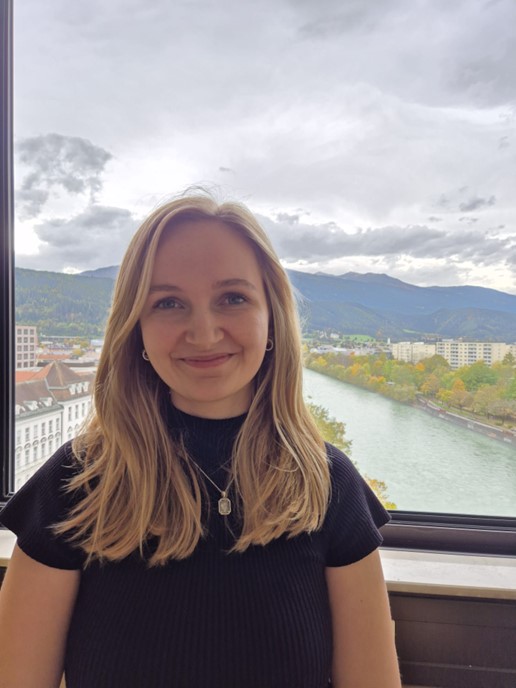
Franziska Putz
Franziska Putz completed her Bachelor’s and Master’s degrees at the Universities of Vienna and Heidelberg and has been working on the ERC Starting Grant project ARITHMETIC for one and a half years. She originally supported the transcriptions as a student assistant and has now recently taken up the position of pre-doc at the University of Innsbruck. Her research focuses on the late Middle Ages and the early modern period. In her dissertation, she will focus on the narrative elements and structures in manuscript and printed arithmetic books of this period and thus contribute insights into the knowledge and communication of mathematical content in historical contexts.

Norbert Hunor Orbán
Norbert Hunor Orbán is a research associate and also part of Michaela Wiesinger’s ERC team. Within the project, he is responsible for transcribing the manuscript corpus and preparing the digital edition. His research outside the project focuses on the late Middle Ages. He is writing his dissertation on the perception of the Cumans in Central Europe between the 13th and 15th centuries.
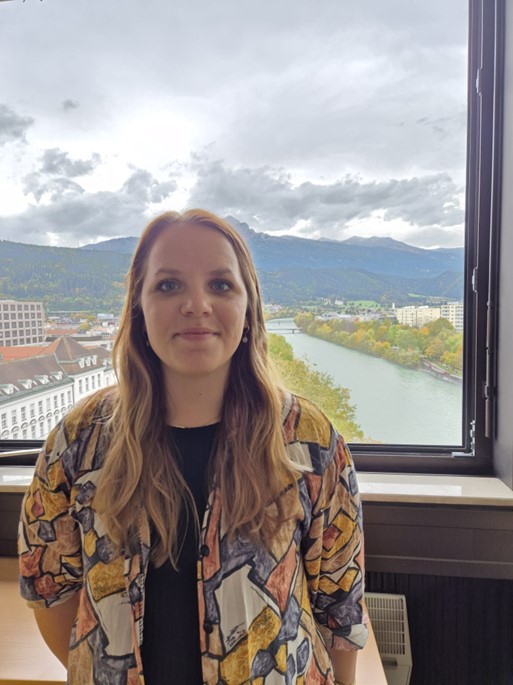
Katharina M. Hofer
Katharina Hofer is a research associate in the ERC Starting Grant ARITHMETIC. In this context, she is working on arithmetic manuscripts with regard to their networks. This includes their history, production, origin, distribution and the routes they have taken. Her research focuses on the late Middle Ages and the early modern period. Her dissertation topic deals with illuminated documents and manuscripts from the time of Emperor Maximilian I. and their interdisciplinary research using non-invasive chemical analysis methods.

Thomas Zangl
Thomas Zangls research currently focuses on early modern and contemporary history, in particular on the topic of the culture of remembrance, as well as on digital humanities in the areas of automated manuscript recognition and text modeling. In the project, he is responsible for the data modeling for the implementation of the digital edition, including the conversion of the transcriptions into the target format XML.

Bernhard Bauer
Bernhard Bauer is Assistant Professor for ‘Digital Historical Linguistics’ at the University of Graz and Principal Investigator of the ERC-Consolidator Grant ‘GlossIT’. His research interests are: Early Medieval Glossing Traditions, Digital Humanities, Language Contact, Comparative Celtic Historical Linguistics
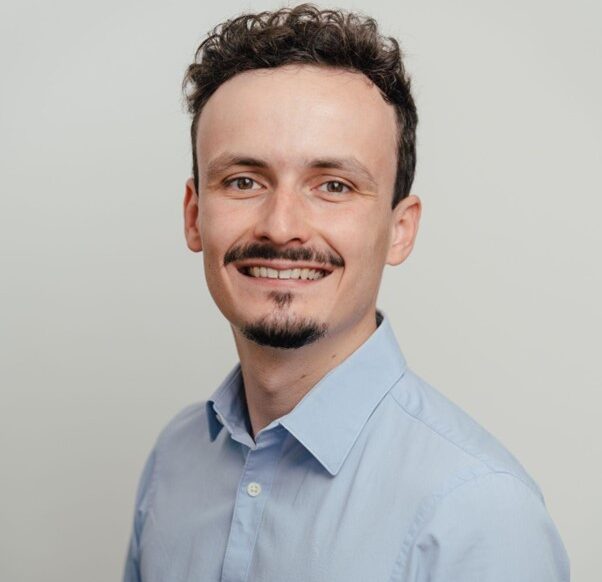
Gregor Kodym
Gregor Kodym is a research associate in the ERC Starting Grant ARITHMETIC. His work focuses on German arithmetical treatises from the late Middle Ages, particularly their textual traditions, cultural contexts, and digital editing. Additionally, he has experience in manuscript digitization and historical narratology.

Aaron Schwarz
Aaron Schwarz is a research associate in the ERC Starting Grant ARITHMETIC. Within the project, he is responsible for a Latin-German glossar and preparing the digital edition. His research focuses on the high and late Middle Ages. Apart from the project he is working on papal history, Diplomatics and the history of the Teutonic Order.
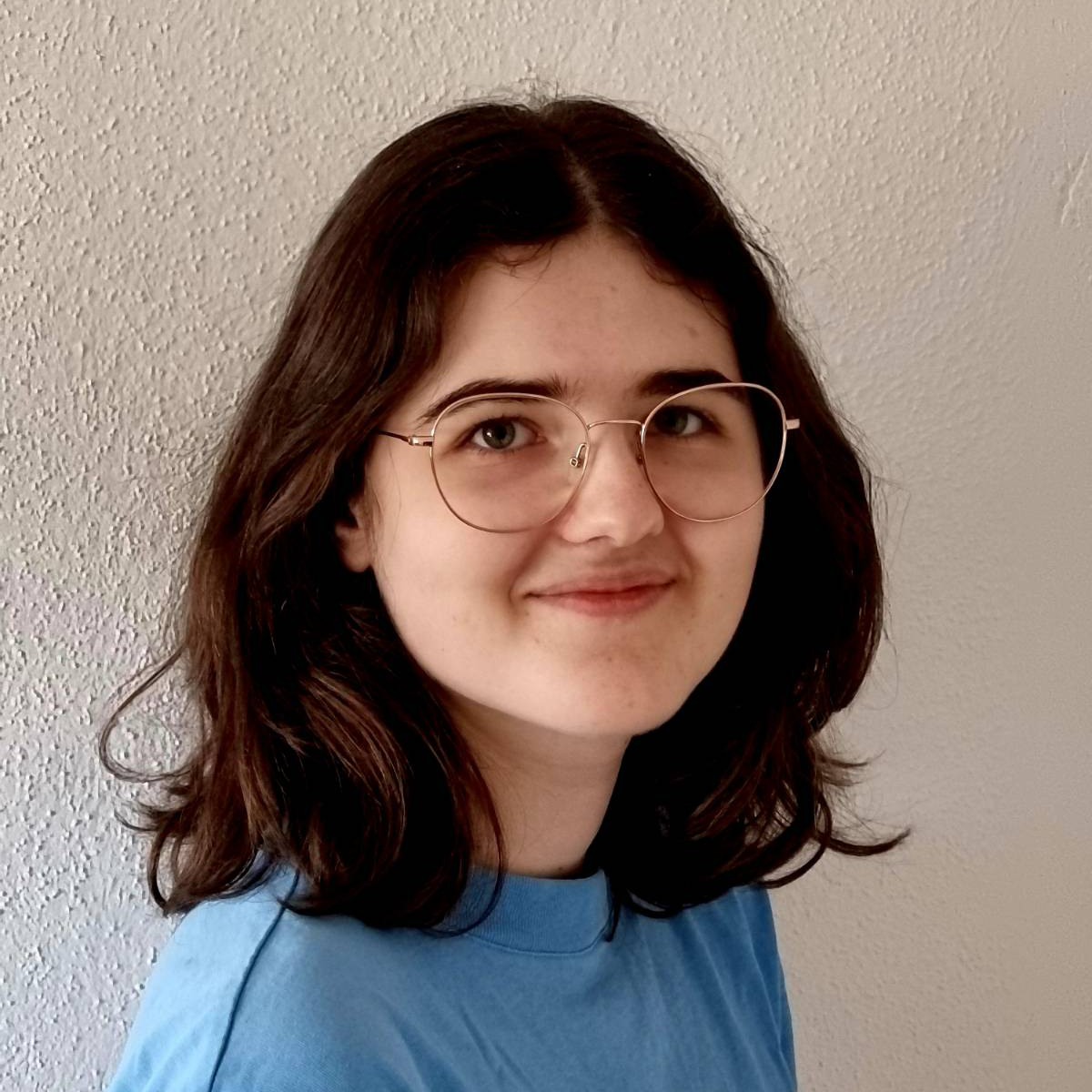
Anna Wentz
Anna Wentz is a Master’s student of German Studies at the University of Innsbruck. Within the project, she is responsible for correcting the transcriptions. Apart from the project, her research interests focus on the fields of Tyrolean dialect, gender studies and modern German literature.

Carina Koch
Carina Koch studied history and digital humanities in Graz, Roskilde and Cologne and works as a research assistant in the ERC Starting Grant project ARITHMETIC at the Institute for Digital Humanities at the University of Graz. In the project, she is mainly involved in data modeling and web development. She also works in the field of metadata management, data analysis, content-related data annotation and long-term archiving and provides guidance on consistent data collection.
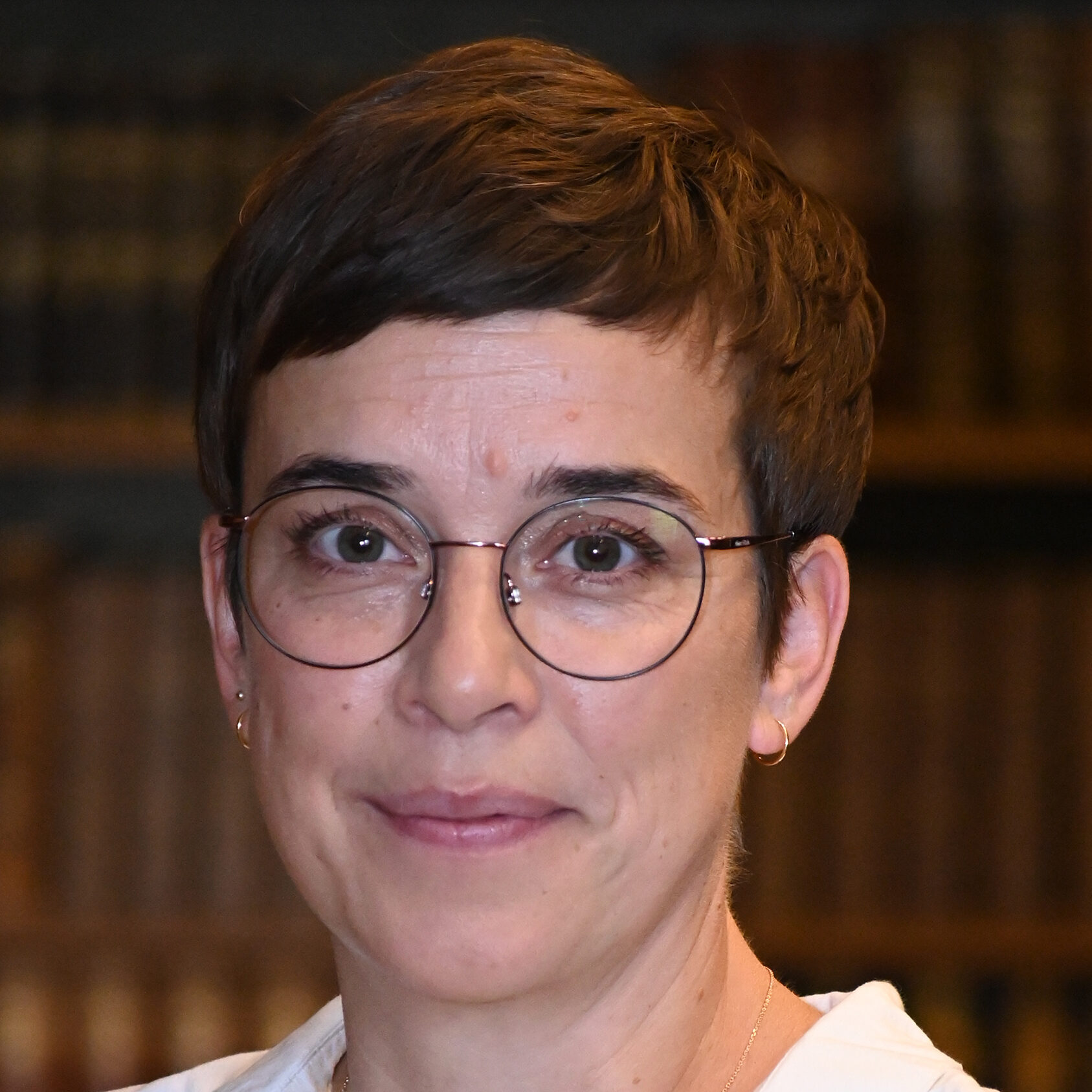
Christina Jackel
Christina Jackel is a librarian at the Klosterneuburg Abbey Library in Lower Austria. She studied German language and literature at the University of Vienna. Her research focuses on late medieval manuscript traditions, manuscript studies and the history of collections. She was a member of the ARITHMETIC team for the first two years of the project, and is now affiliated with it as a cooperating partner.
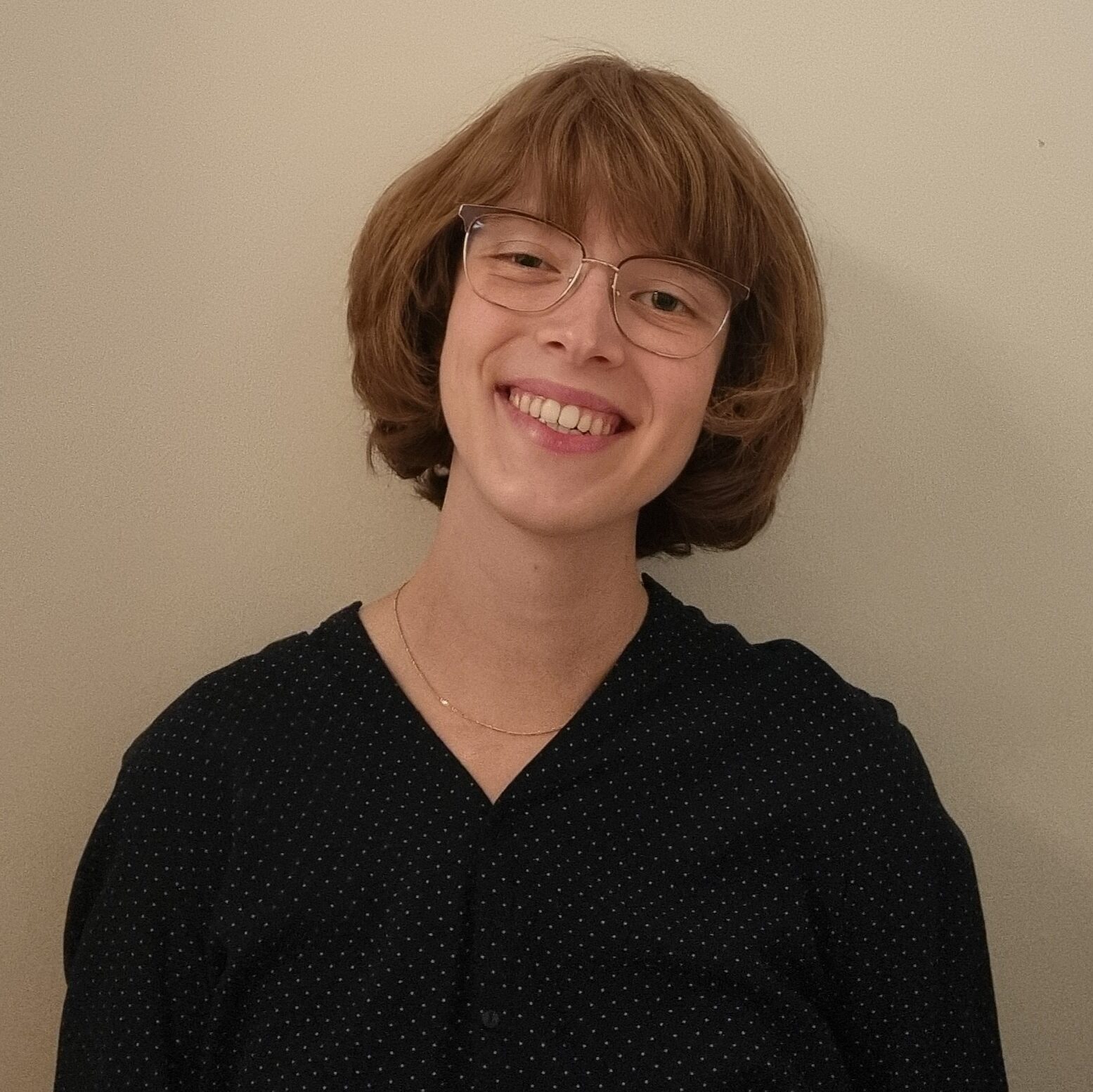
Valentina Reider
Valentina Sophia Reider is currently pursuing a Master’s degree in German Studies at the University of Innsbruck. As part of the project team, she is primarily responsible for reviewing and correcting the transcriptions. In addition to her work on the project, her academic interests lie in several key areas, including contemporary and medieval literature, narrative and spatial theory, as well as gender studies. Through her research, she aims to explore how literature reflects and shapes cultural, social, and gender-related dynamics across different historical periods.
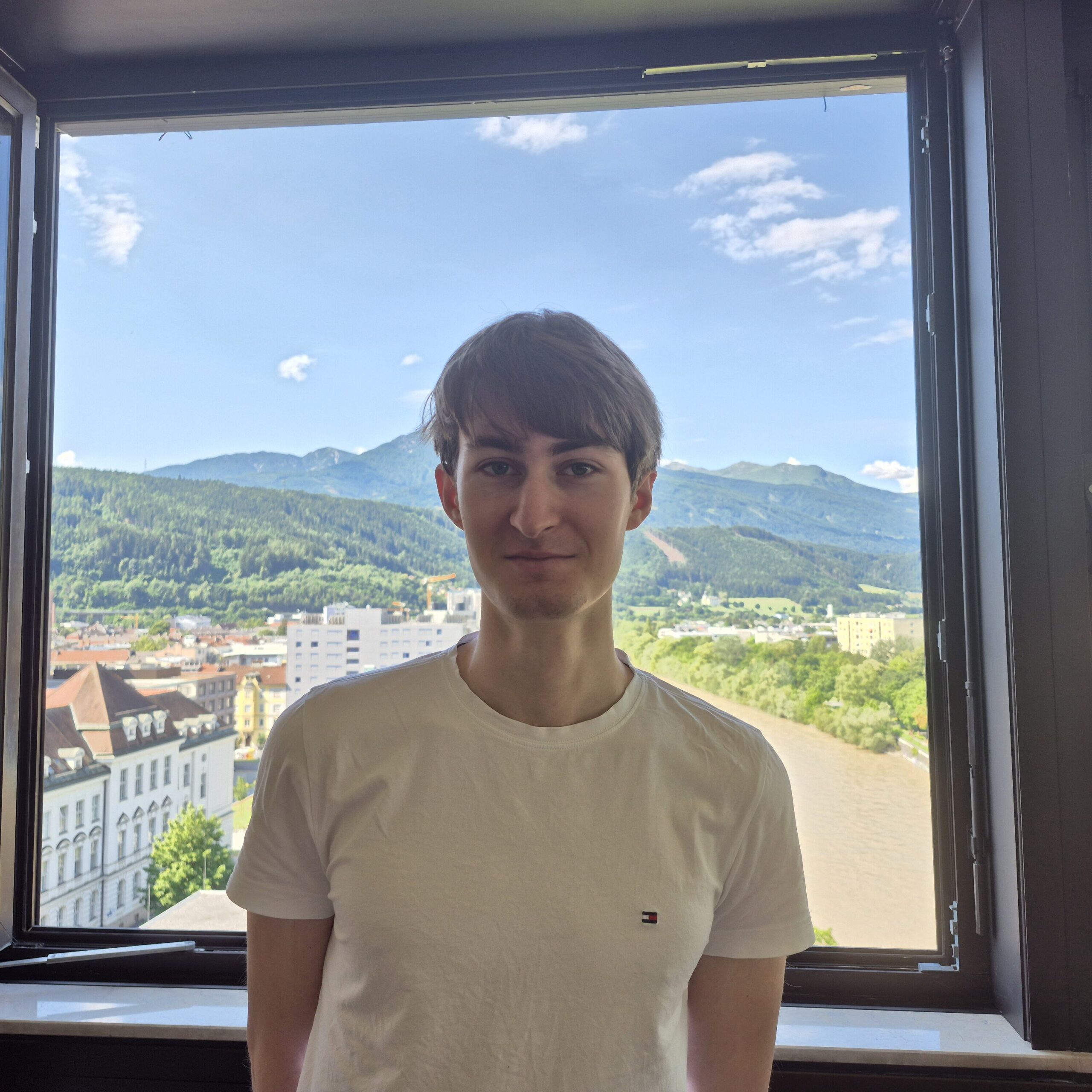
Fabian Schett
Fabian Schett is a Bachelor’s student pursuing degrees in „Classica et Orientalia“ (with specialisations in Latin and Ancient Greek) and „Comparative Literature“ at the University of Innsbruck. Within this project, his main responsibility is to assist in the development of a Latin-German glossary. Aside from his work for ARITHMETIC, his main interests lie in early Greek poetry, Latin comedy and the reception of non-European literature in Neo-Latin texts.
